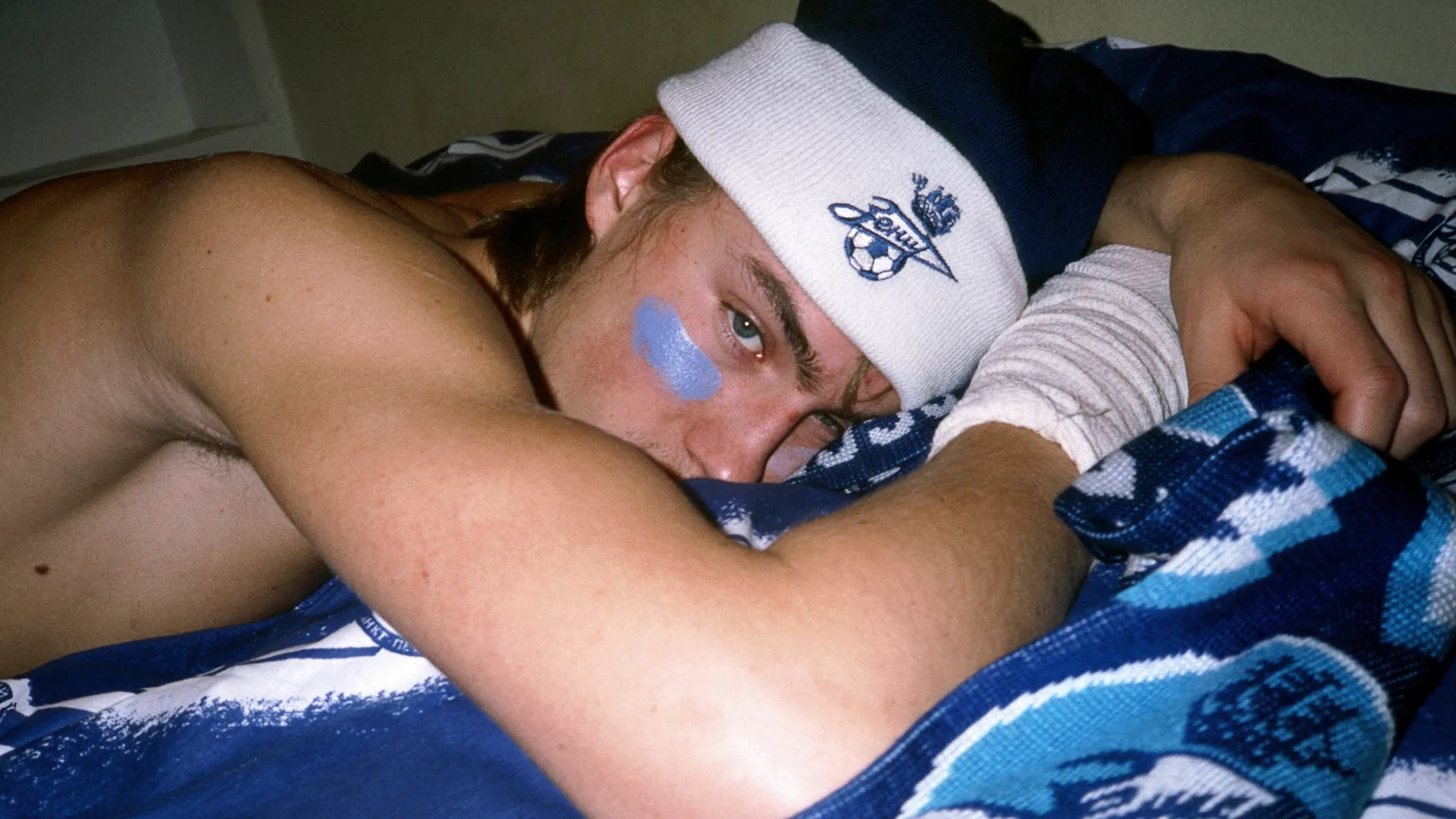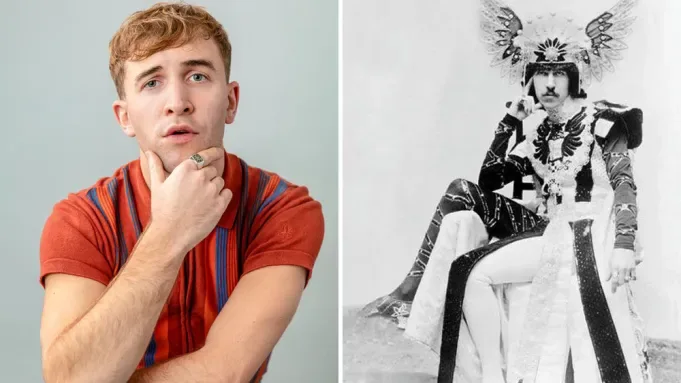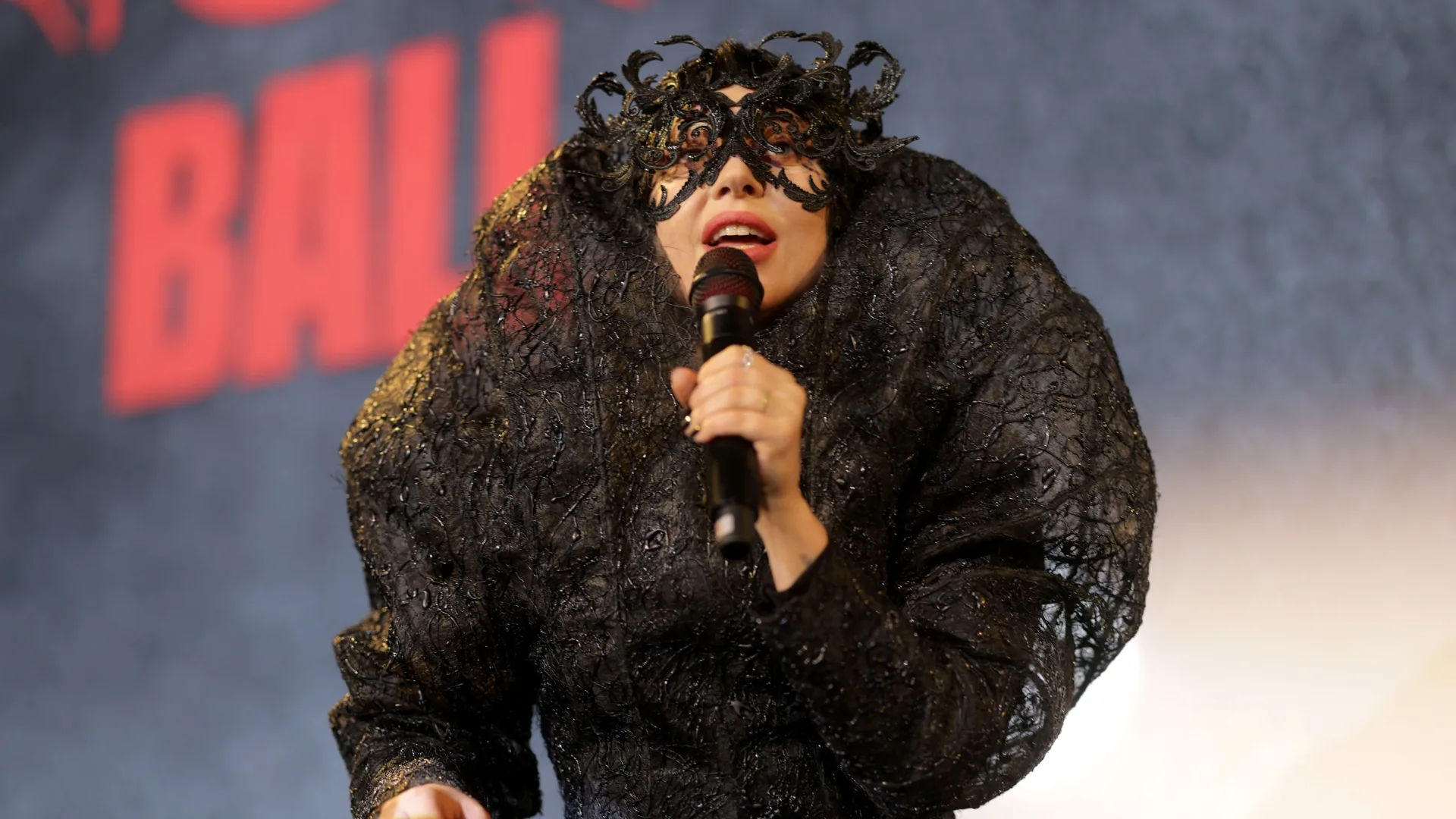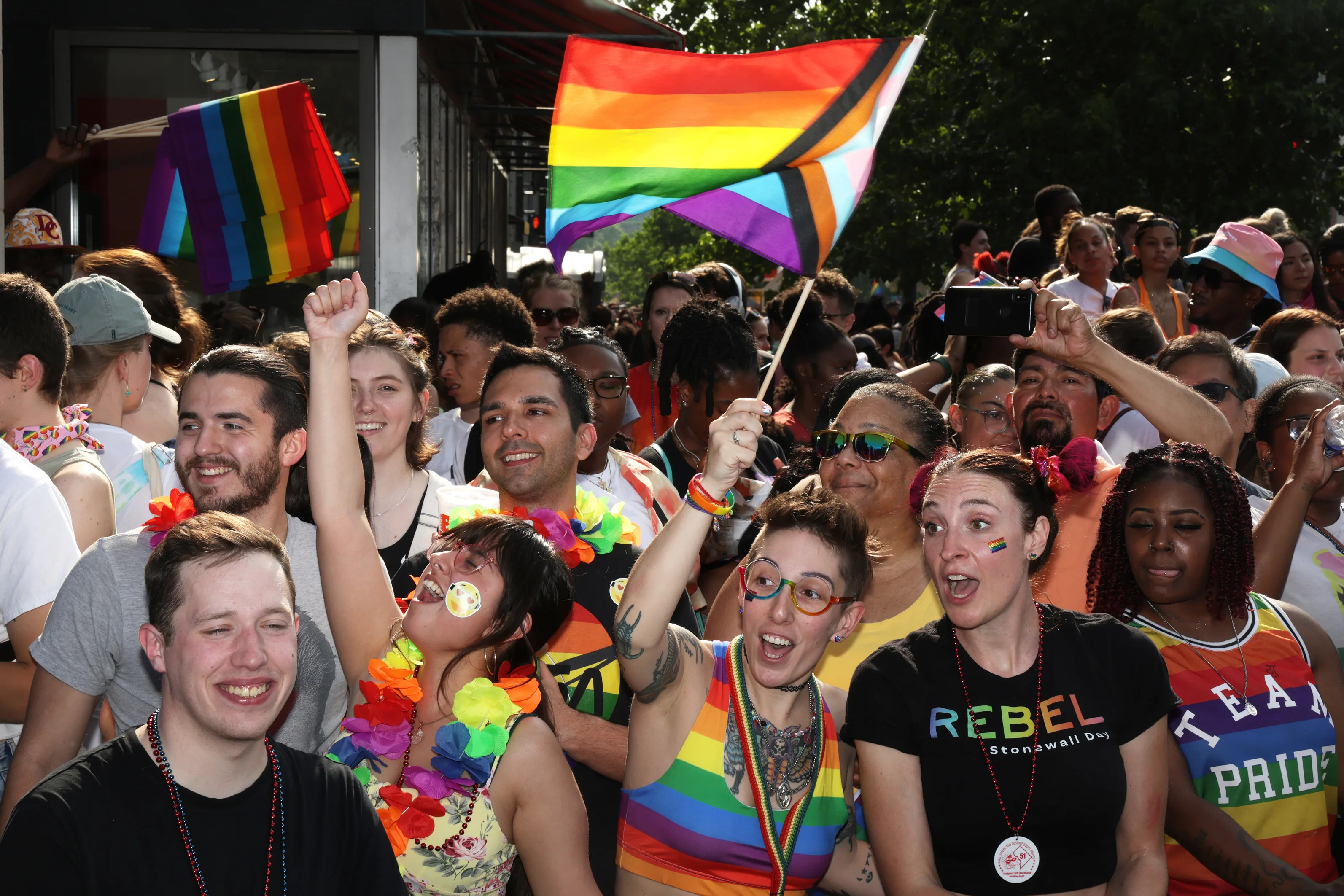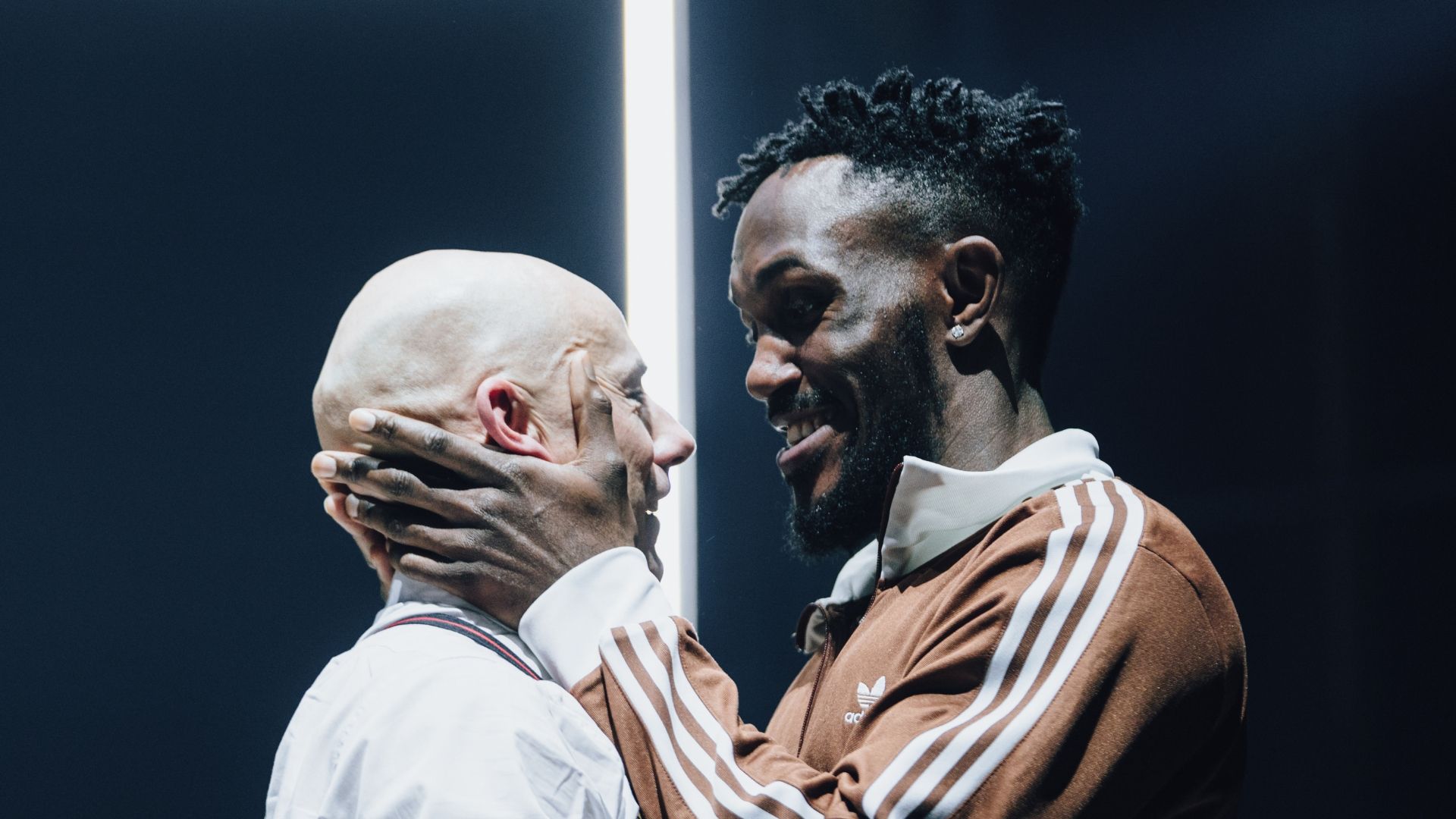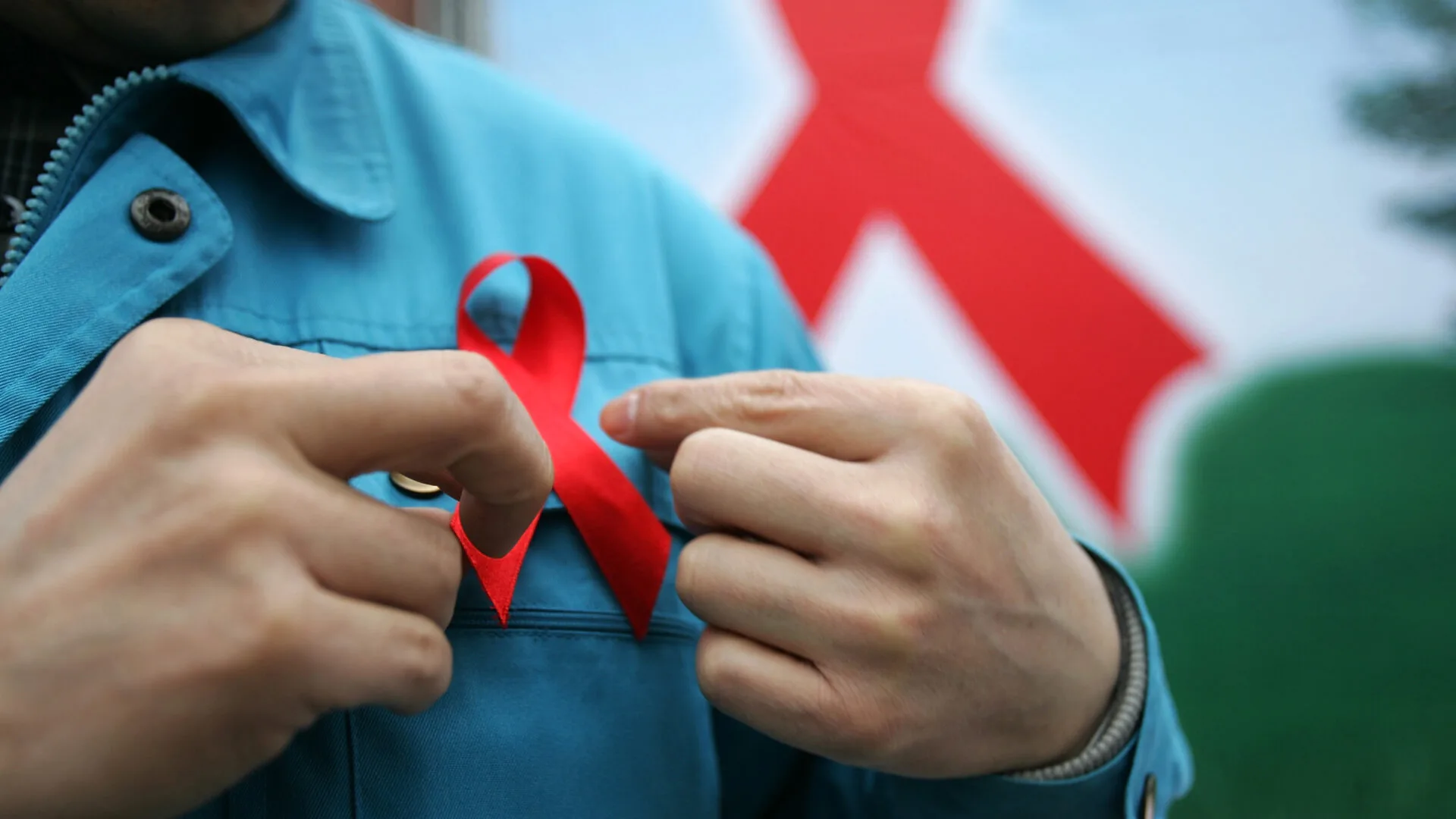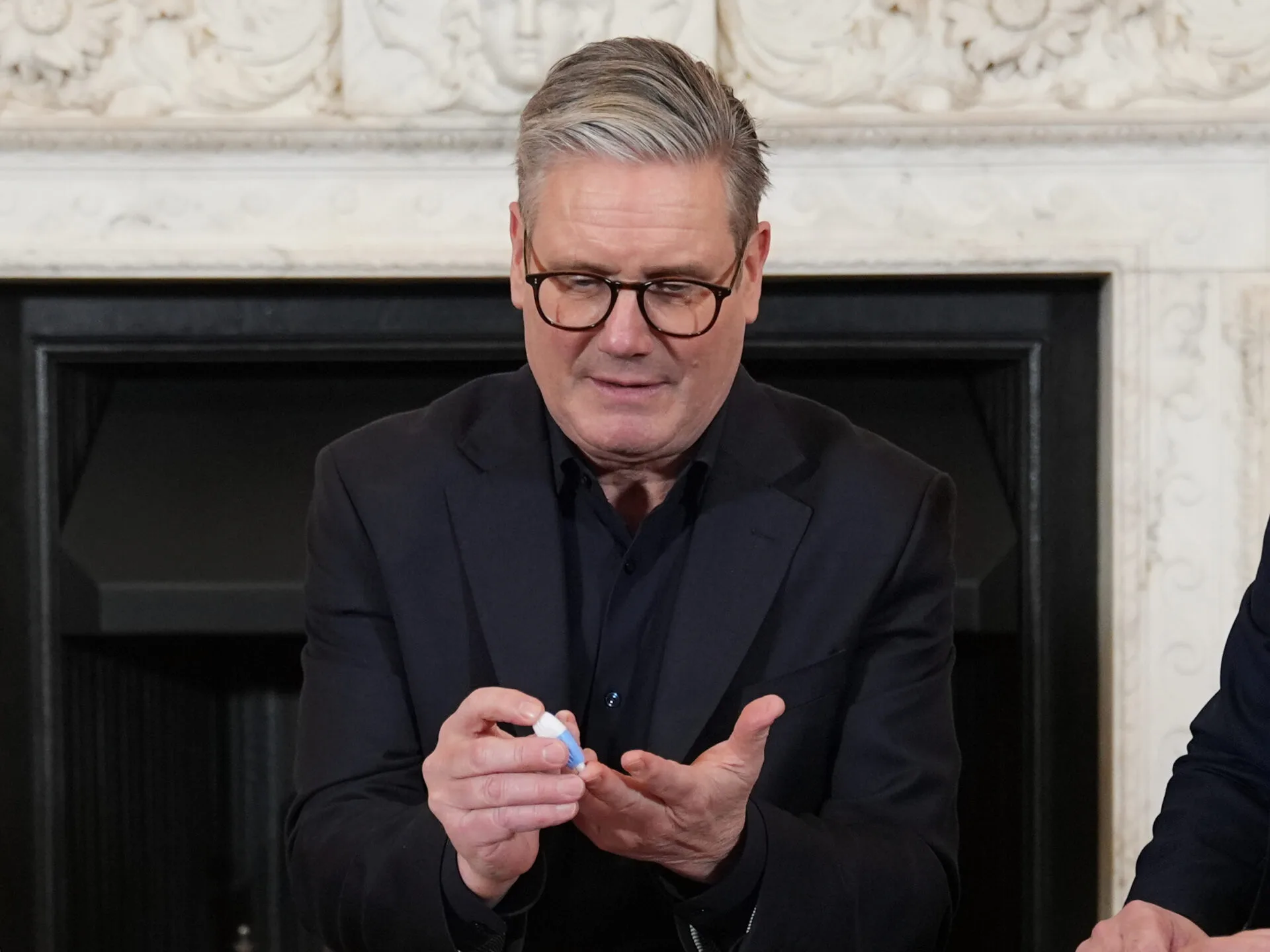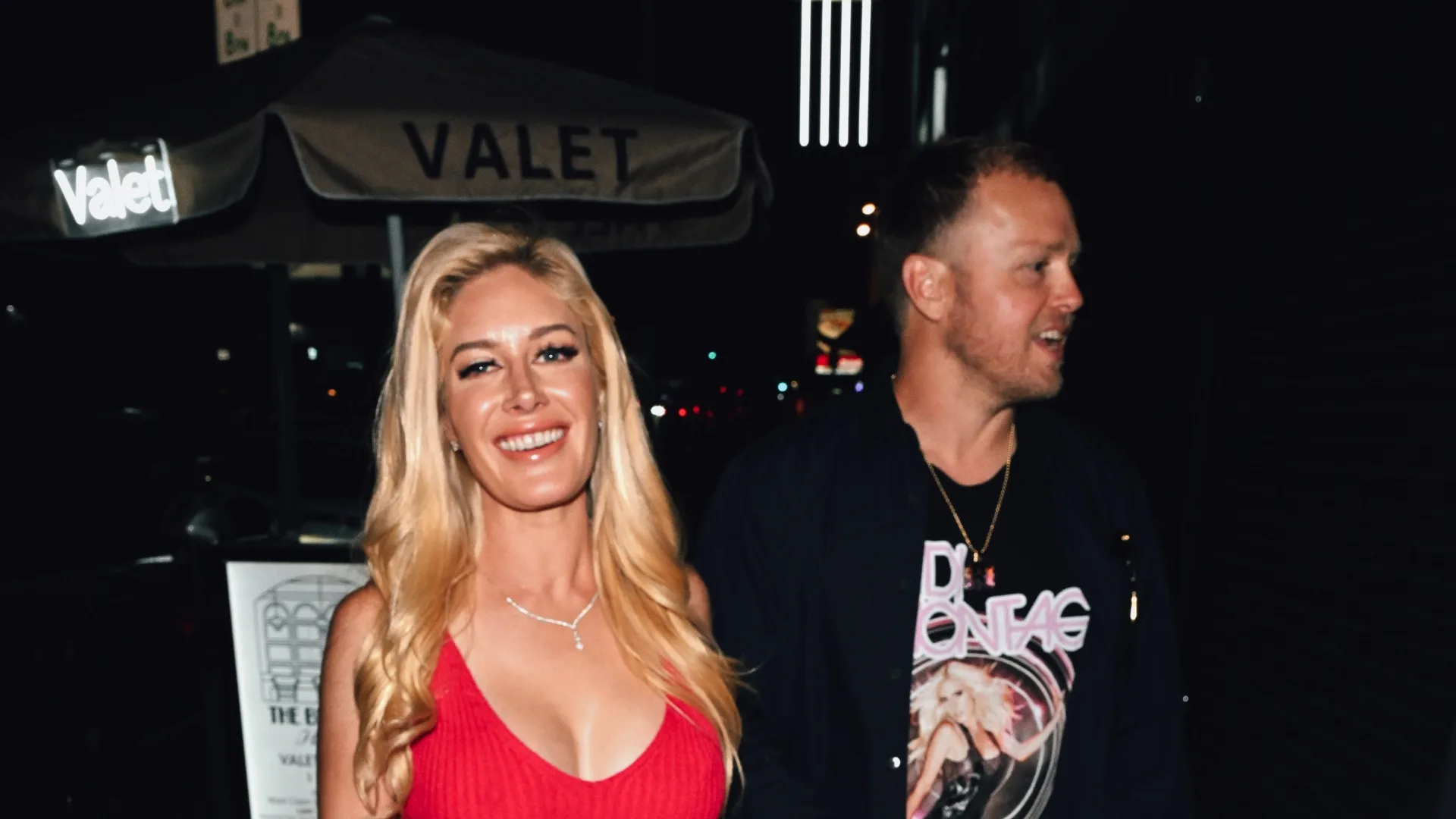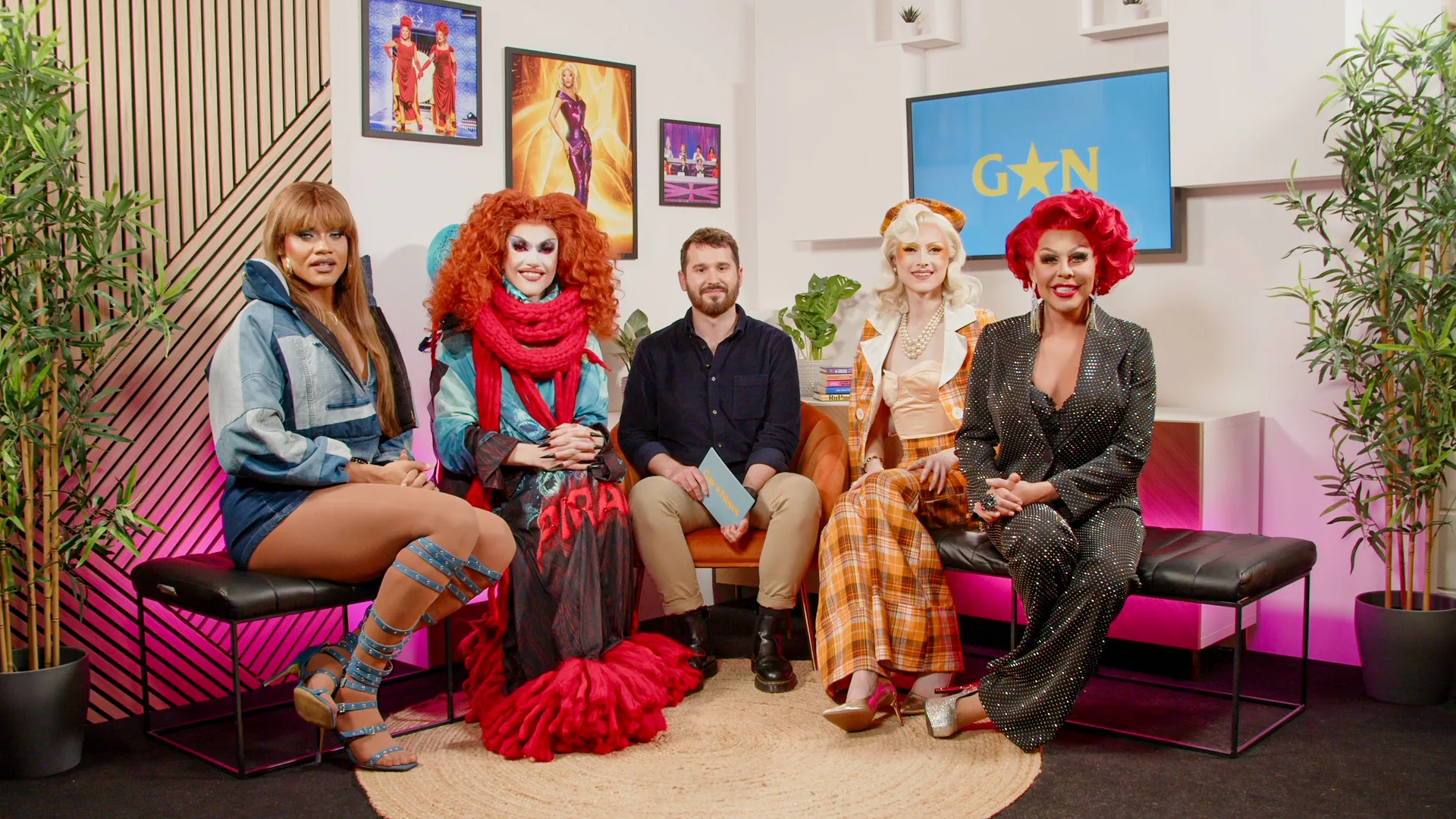In 1995, Slava Mogutin’s life was uprooted. At just 21, he left his home of Russia and moved to New York in the wake of two criminal cases, facing charges of “open and deliberate contempt for generally accepted moral norms,” “malicious hooliganism with exceptional cynicism and extreme insolence,” “inflaming social, national, and religious division,” and “propaganda of brutal violence, psychic pathology, and sexual perversions.” His crime was his queerness – and his refusal to keep it hidden from view. He became the first Russian to be granted asylum in the United States as a result of homophobic persecution.
His story has inspired subsequent LGBTQIA+ activism for the past three decades. He is now celebrated as a journalist, photographer and artist, exploring the political radicalism of queerness, through the soft, intimate portrayal of love and longing. Following the release of his latest book Analog Human Studies in 2023, we spoke to him about sexuality, authoritarianism and the queer utopia in art.

What is it about queerness that sparks so much fear for Russian authorities (and authoritarians everywhere)?
SM: Queerness poses a threat to authoritarian regimes because it embodies freedom, individuality, and a refusal to conform to rigid moral and ideological norms. It challenges the traditional values and power structures that these regimes depend on to maintain control. Queerness is subversive; it represents diversity and the fluidity of identity, which disrupts the homogeneity that authoritarianism seeks to impose. For Russian authorities, queerness is a sign of the corrupting Western influence and a major threat to “traditional family values,” which Putin’s government and Russian Orthodox Church rally for. Last year, the LGBT movement was banned as an “extremist organization” by the Russian Supreme Court. It’s disheartening to see my native country regressing on gay rights and fundamental freedoms.

“It’s about stripping away the masks of superficiality and artificiality and capturing the essence of human experience.”
– Slava Mogutin
Many of your photos feel like soft intimate portraits or moments with a lover. How do you create that sense of intimacy in your work?
SM: Creating intimacy in my work involves building genuine connections with my subjects. I approach each session with respect and openness, allowing my subjects to reveal their true selves. My portraits and nudes capture unguarded moments of vulnerability and authenticity, it’s about stripping away the masks of superficiality and artificiality and capturing the essence of human experience. It’s a collaborative process, and I want to make every person I photograph feel seen and empowered.

Why is sexuality such a powerful antidote to authoritarianism?
SM: Sexuality represents personal freedom and autonomy over one’s body and desires. It defies the control and conformity that authoritarian regimes impose. By embracing and expressing our sexuality, we reclaim our power and assert our right to exist on our own terms. It’s a declaration of our humanity, a reminder that we are complex, multifaceted beings who cannot be easily subdued or silenced.
Your work often reflects on masculinity. How do you feel about that word?
SM: Masculinity is a complex and often misunderstood concept. I find traditional notions of masculinity very restrictive and harmful—both to those who are expected to conform to them and to those who are excluded. I aim to deconstruct these stereotypes and manifest a broader, more fluid and inclusive vision of masculinity—one that embraces vulnerability, sensitivity, and diversity. To me, masculinity is not a fixed trait but an evolving aspect of human experience.
There’s a sense of longing in your work. Do you ever miss your native country of Russia? Or is it a longing for something else? Or both?
SM: There is indeed a deep sense of longing in my work, and it stems from multiple sources. I do miss my native country, Russia—not necessarily the place it has become, but the memories, the culture, and the people who shaped my early life. This longing is intertwined with a yearning for freedom, acceptance, and a world where I can fully express myself without fear of repression or censorship. It’s a longing for a Queer Utopia that might never have truly existed but one that I, and many other fellow queer artists, continue to strive for.

What can we do to protect photojournalism, art, and activism in the wake of growing authoritarianism worldwide?
SM: To protect photojournalism, art, and activism, we must stand united in our commitment to truth, freedom of expression and human rights. We need to support independent media and nonconformist artists who challenge oppressive regimes and bring marginalised voices to the forefront. It’s crucial to create and sustain safe spaces where creative minds can thrive without fear of censorship or persecution. International solidarity is key—raising awareness, applying pressure on authoritarian governments, and providing resources for those at risk. Above all, we must continue to produce and share work that speaks truth to power, that inspires resistance, and that fosters a global community of allies dedicated to the preservation of our fundamental freedoms.
The photos above are from Slava’s collection for Parc® crap zine vol. 3, released earlier this month.
You can follow Slava on Instagram here, and the author here.

